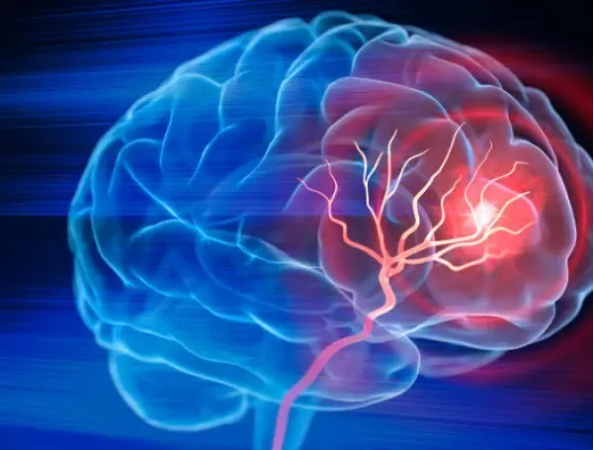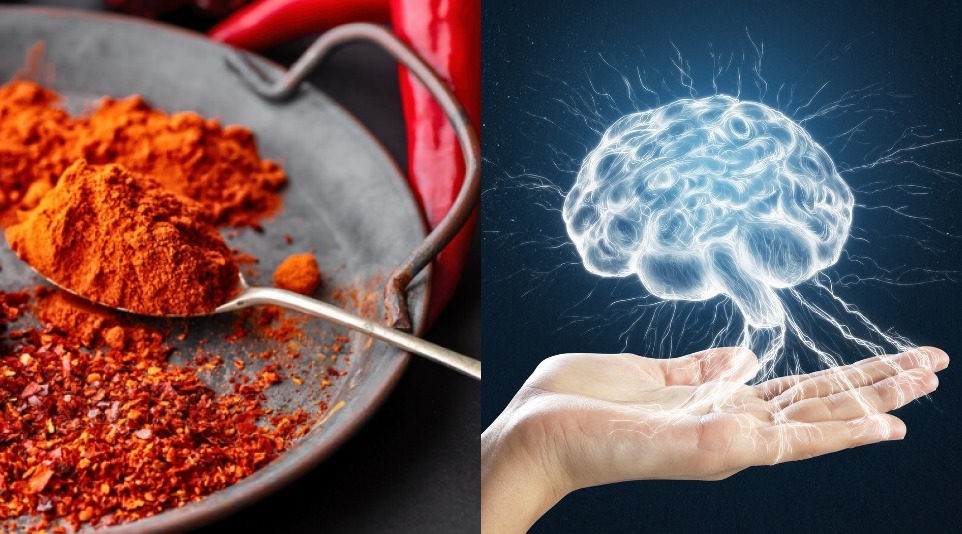New study reveals that eating spicy food and chili protects us from a heart attack or stroke.

A new large-scale study from Sichuan, China, suggests that frequently consuming spicy food may reduce the risk of developing cardiovascular and cerebrovascular diseases. The research, published based on data from the China Kadoorie Biobank in Pengzhou, looked at 54,859 adults aged 30 to 79 for more than a decade and found that those who ate spicy food almost daily had a lower chance of heart attacks and certain types of strokes.

Spicy foods have many effects on the body. Photo: iStock
The study included an average follow-up of 10 years, during which 12,198 new cases of heart and brain disease were recorded. The majority of participants (89.9%) reported consuming spicy food, and more than two-thirds did so six to seven days a week. Researchers assessed not only frequency but also preferred spiciness level, type of spicy food eaten, and the age at which people began habitually consuming spicy foods.
The results are compelling: compared to those who never or rarely ate spicy food, those who ate it six or seven times a week had an 11% lower risk of developing cardiovascular disease, a 14% lower risk of ischemic heart disease, and a 12% lower risk of cerebrovascular disease. The protective effect was even clearer for ischemic stroke—caused by the blockage of a cerebral artery—where the risk was reduced by 15%. However, no significant association was found with hemorrhagic stroke.

Those who eat spicy food six or seven times a week have up to a 14% lower risk of heart disease. Photo: iStock
The study also revealed that the intensity of the spiciness may matter. Those who preferred "medium" levels of spiciness showed a 14% lower risk of cardiovascular disease and a 10% lower risk of cerebrovascular disease. In the case of ischemic heart disease, both medium and high spiciness consumption were associated with risk reductions, reaching up to 16% in those who consumed intense spiciness.
The age at which people started eating spicy food was another key factor. Starting to eat spicy food regularly before the age of 10 was associated with a significant decrease in the risk of cardiovascular disease, ischemic heart disease, and cerebrovascular disease. Starting between the ages of 11 and 20 also showed benefits, albeit more modest. However, those who acquired the habit after the age of 21 did not show a statistically significant protective effect.

Eating spicy food almost every day could protect the heart and brain, according to a study. Photo: Archive
Regarding the types of spicy foods, all—from fresh and dried chili peppers to chili paste and oil—were associated with a lower cardiovascular risk, after adjusting for other factors such as smoking, alcohol consumption, education level, income, body mass index, and physical activity.
The context of this finding is relevant: cardiovascular diseases remain the leading cause of death worldwide. According to the World Health Organization, they caused 17.9 million deaths in 2020, representing 32% of the global total. In China, where the incidence of these diseases has increased in recent decades, preventive strategies are a priority.
The researchers point out that capsaicin—the active compound in chili peppers responsible for their spicy flavor—may play an important role, given that previous studies have shown its potential anti-inflammatory, antioxidant, and metabolic-enhancing effects. However, they caution that this study is observational and does not prove a cause-and-effect relationship. They also acknowledge that cultural and dietary factors specific to Sichuan, where spicy food consumption is a central part of the cuisine, may influence the results.
Ultimately, for the inhabitants of this region, a dish with chili peppers is not just a matter of flavor, but possibly also of health. As the study concludes, "frequent consumption of spicy food is associated with a lower risk of heart and brain disease in adults aged 30 to 79 in Sichuan."
However, scientists recommend moderation and warn that each person should consider their tolerance and digestive health before embarking on a spicy diet.
Environment and Health Journalist
eltiempo





